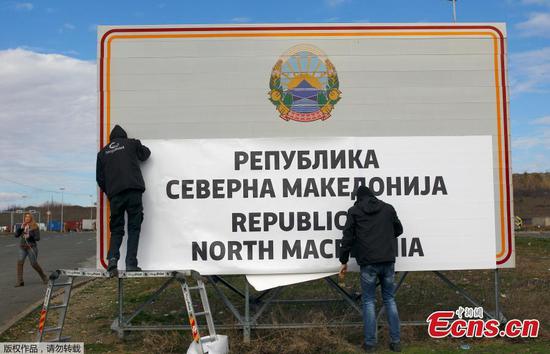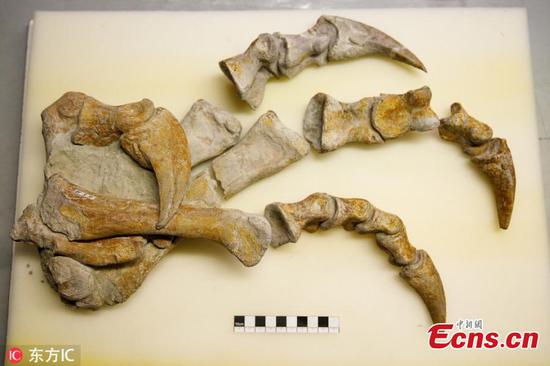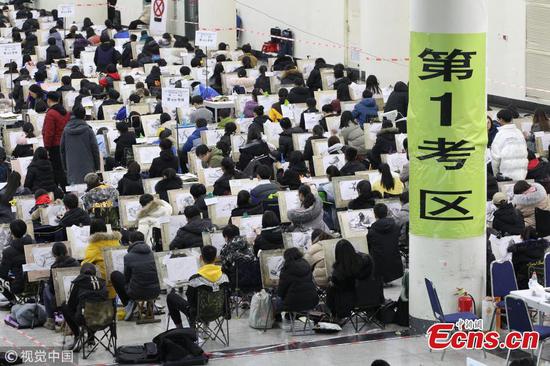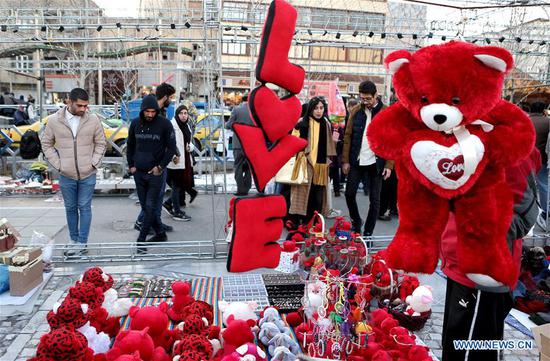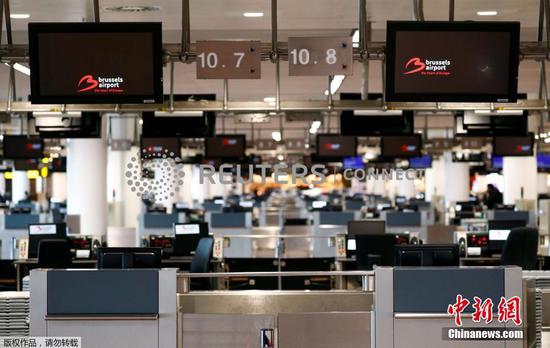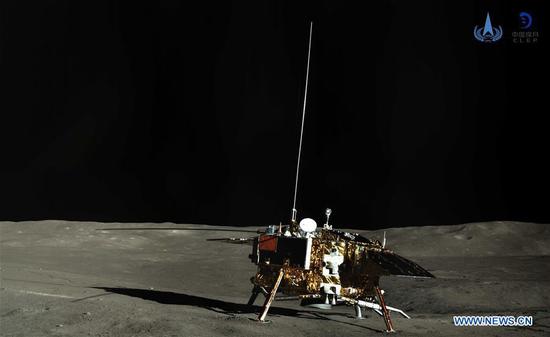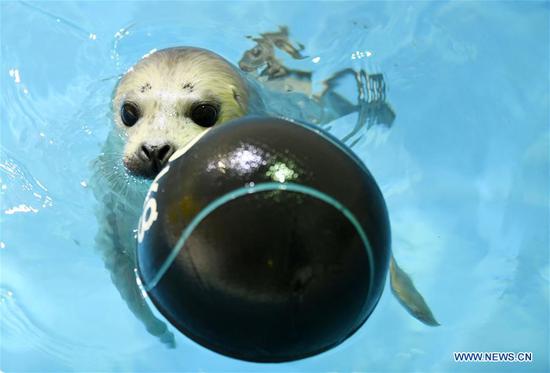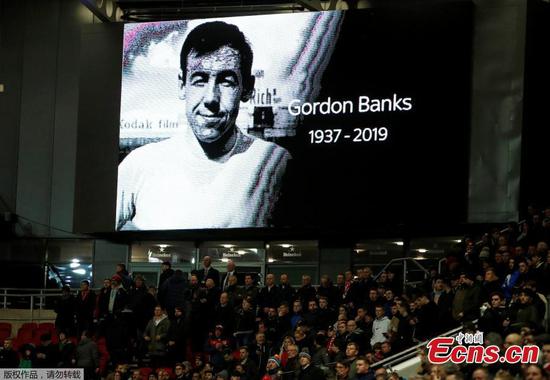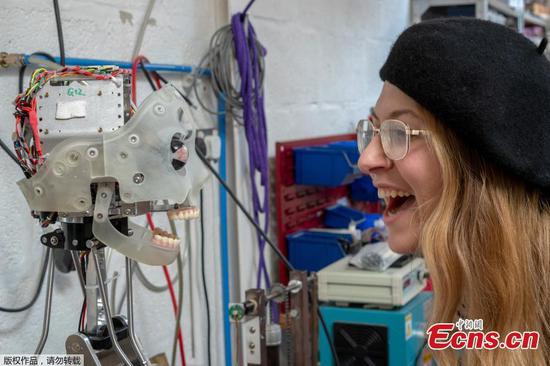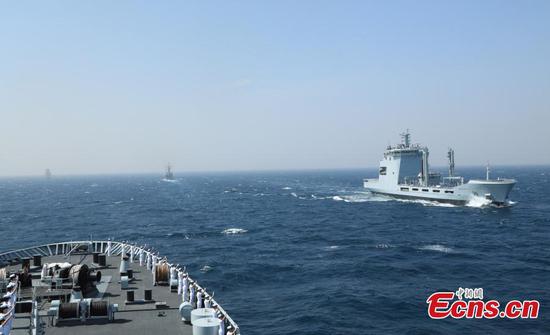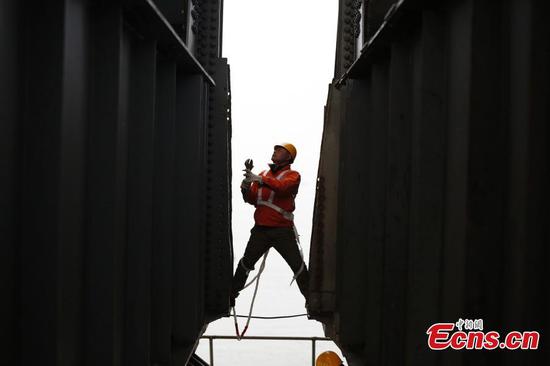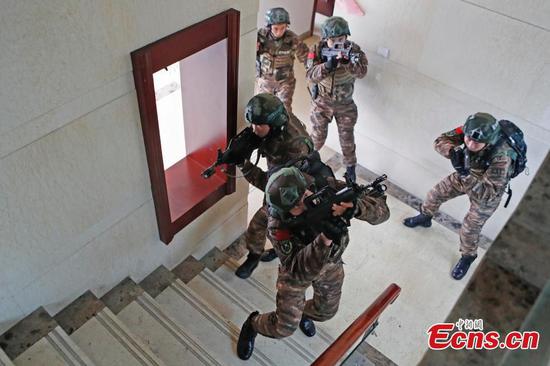The North Atlantic Treaty Organization (NATO) on Thursday wrapped up this year's first ministerial meeting over arms control, burden-sharing and European defence etc, as tensions resulting from Washington and Moscow's disputes over who violated a Cold War era arms-control treaty loom large.
INF TREATY TENSIONS
In his wrapping-up press conference, NATO Secretary-General Jens Stoltenberg called again on Russia to use the remaining six months to return to full and verifiable compliance to preserve the Intermediate-Range Nuclear Forces (INF) Treaty.
Moscow and Washington have been accusing each other of violating the agreement in recent years amid increasing tensions. On Feb. 1, the U.S. administration announced that it is withdrawing from the INF Treaty with Russia within six months, starting from Feb. 2. Following the U.S. decision, Russia announced on Feb. 2 that it will also suspend its participation in the treaty.
For Moscow, the dismantling of an arms control system by the United States might result in unpredictable consequences.
"Look what is going on in the disarmament field. The Americans tend to totally dismantle the arms control system which will evolve into an absolutely unpredictable scenario," Russian Permanent Representative to the United Nations Vasily Nebenzya said Saturday.
"All Allies stand ready to engage further with Russia. But we are also preparing for a world without the INF Treaty," the Secretary General said.
To that end, a number of NATO members offered contributions to the "Four Thirties" Readiness Initiative, which will ensure 30 combat ships, 30 land battalions, and 30 air squadrons, are ready to deploy within 30 days or less.
"This will increase NATO's ability to respond quickly and decisively to any future crisis," he said during the two-day meeting.
EXTRA SPENDING ON DEFENCE
On the bitter issue of burden sharing, Stoltenberg told reporters that NATO's European members and Canada will spend an extra 100 billion U.S. dollars on defence by the end of 2020.
Since just prior to his inauguration in January 2017, U.S. President Donald Trump has made repeated criticism about unfair burden-sharing in NATO and bandwagon of other ally members, as the United States has for a long time been pulling the heaviest weight of NATO military budget.
In addition to referring to NATO as "obsolete" at the time, he blasted allies for not meeting 2 percent defense spending commitments.
Since his inauguration, Trump has argued that fellow NATO allies have been leaving the United States to foot the bill for their joint defense. According to NATO figures, only five of the 29 members have met defense spending targets last year: Estonia, Greece, Latvia, Britain and the United States.
COOPERATION WITH EU
As to its cooperation with the European Union, NATO said in a statement that it welcomes the Union's increased focused on defence as a means to strengthen NATO.
However, the security cooperation between the two sides is not as smooth and rosy as the statement suggested. In November, Trump and French President Emmanuel Macron stuck in a bitter spat over a "real European army".
Upon his arrival in Paris for the 100 anniversary of the ending of WWI, Trump slammed Macron's suggestion of "a real European army" as "very insulting".
"Perhaps Europe should first pay its fair share of NATO, which the U.S. subsidizes greatly!" he tweeted.
Trying to defuse the episode, Macron recalled "the tremendous solidarity" linking the "oldest allies" in his opening remarks.
For Trump, security cooperation between his country and Europe should be more fairness-oriented and the United States wants a secure Europe and wants to help, "but it should be fair." Enditem













